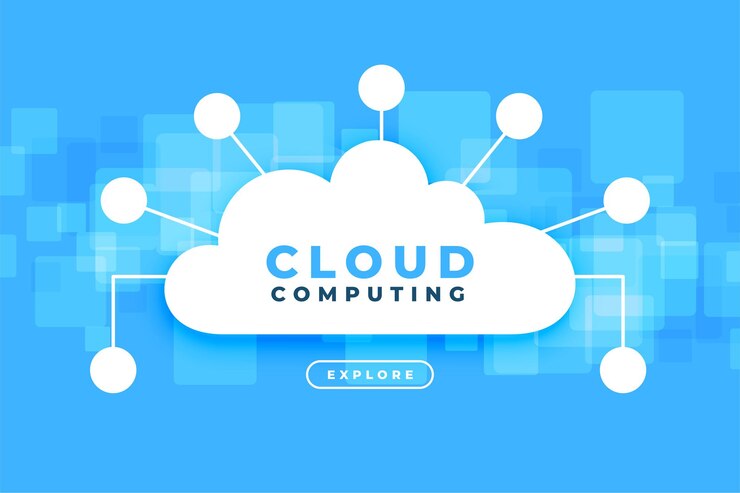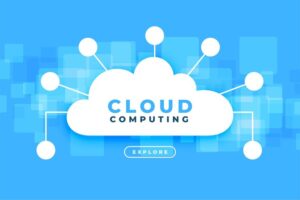Amazon Web Services (AWS) is the leading
cloud computing platform that offers a wide range of services for building,
deploying, and managing applications. As the demand for cloud computing experts
continues to grow, AWS has become a popular choice for freshers looking to
start their careers in the tech industry. In this guide, we will discuss AWS
jobs, the average salary for AWS jobs, and entry-level AWS jobs for freshers.
AWS Jobs: Overview
AWS jobs cover a wide range of roles, from
technical positions such as solutions architects and DevOps engineers to
business roles such as account managers and marketing managers. The job market
for AWS professionals continues to grow as more companies adopt cloud computing
and AWS services.
What is
DevOps is a set of practices and cultural
attitudes that aim to increase collaboration and communication between software
development and operations teams, with the goal of improving the speed and
reliability of software delivery and reducing the time it takes to resolve
issues. DevOps emphasizes automation, continuous integration and delivery
(CI/CD) pipelines, close collaboration between development and operations
teams, and infrastructure as code. The overall objective is to deliver
high-quality software quickly and reliably to meet changing business needs.
Benefits of DevOps
1. Faster software delivery: DevOps
practices allow organizations to automate and streamline their software
delivery processes, reducing the time it takes to get new software releases to
market.
2. Improved collaboration: DevOps promotes
collaboration and communication between development and operations teams,
leading to better coordination and faster problem resolution.
3. Increased reliability: DevOps practices
such as continuous testing and automated deployment can help to ensure that
software is of high quality and less prone to errors and downtime.
4. Better customer satisfaction: By
delivering software faster and with higher reliability, organizations can
improve customer satisfaction and meet changing business needs more
effectively.
5. Improved security: DevOps practices such
as infrastructure as code and continuous security testing can help to improve
the security of software and systems, reducing the risk of data breaches and
other security incidents.
6. Better scalability: DevOps practices can
help organizations to quickly and easily scale their software and systems to
meet changing demands, allowing them to grow and evolve more effectively.
Overall, DevOps can help organizations to
achieve faster and more reliable software delivery, improved collaboration and
coordination, and better alignment with changing business needs.
AWS Jobs Salary
The average salary for AWS jobs varies
based on the role, experience, and location. According to Glassdoor, the
average salary for an AWS Solutions Architect is $130,125 per year in the
United States. Other popular AWS roles, such as DevOps Engineer and Cloud
Engineer, have an average salary of $120,000 to $140,000 per year.
Entry-Level AWS Jobs for Freshers
If you are a fresher looking to start your
career in cloud computing, there are several entry-level AWS jobs that you can
consider:
1. Cloud
Support Associate
2. AWS
Technical Customer Service Associate
3. Solutions
Architect Associate
4. Cloud
Support Engineer
5. Cloud
Security Engineer
To be eligible for these jobs, you will
need to have a good understanding of cloud computing concepts and some hands-on
experience with AWS services. You can also consider getting certified in AWS to
demonstrate your technical knowledge and skills to potential employers.
Conclusion
In conclusion, AWS jobs offer a lucrative
career path for freshers looking to start their careers in cloud computing.
With a wide range of roles and an average salary ranging from $120,000 to
$140,000 per year, AWS jobs provide a great opportunity for freshers to grow
their careers and make a significant impact in the tech industry. Whether you
are a beginner or an experienced professional, AWS jobs offer a great way to
build a successful career in cloud computing.


